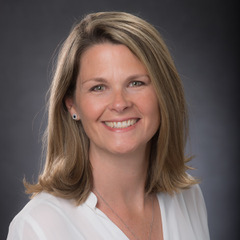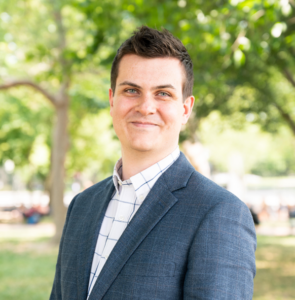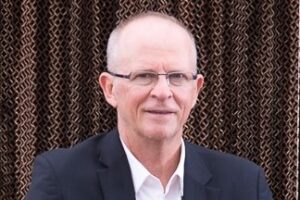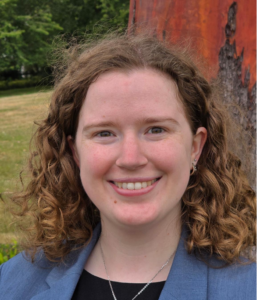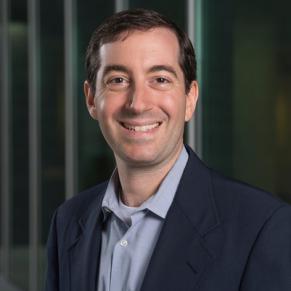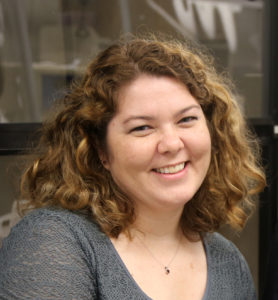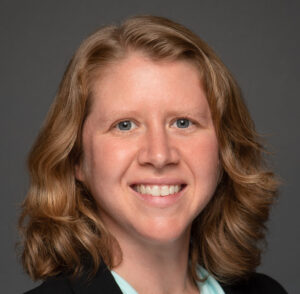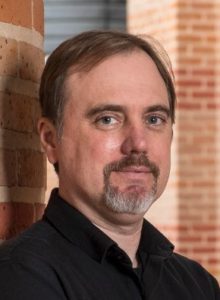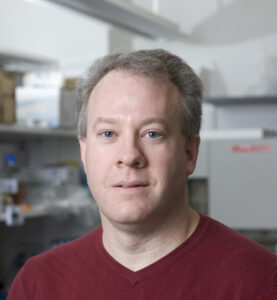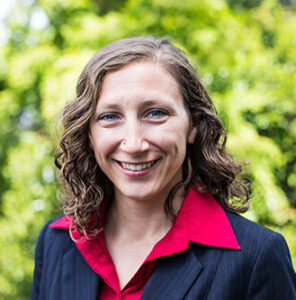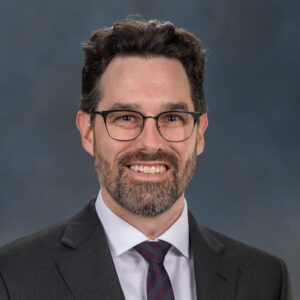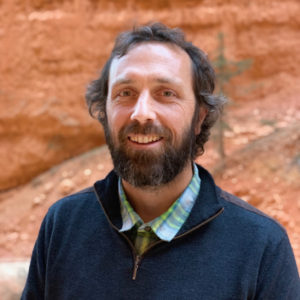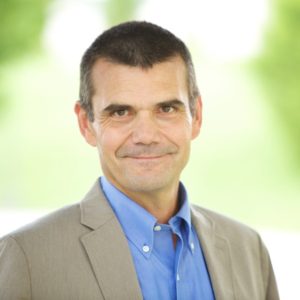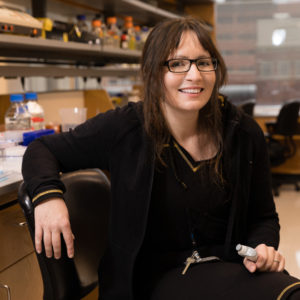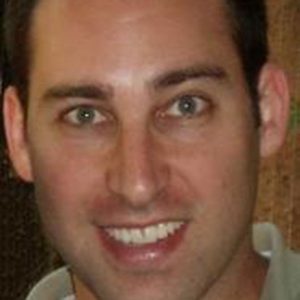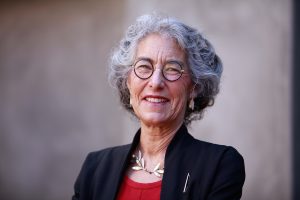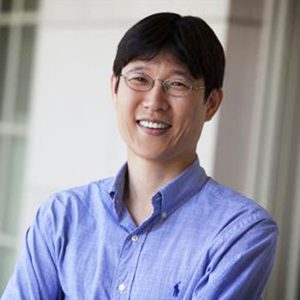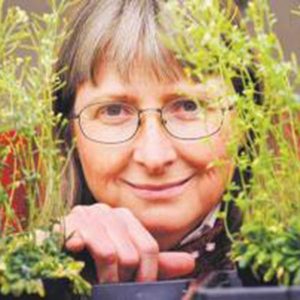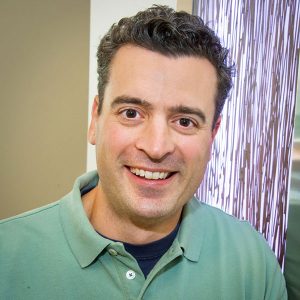Security WG
-
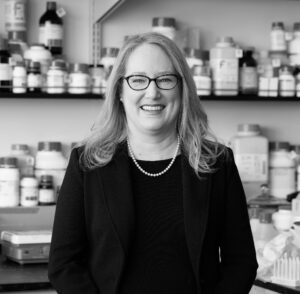
Virginia Cornish
Virginia W. Cornish is the Helena Rubinstein Chair in the Department of Chemistry and a founding member of the Department of Systems Biology at Columbia University. Her research brings together modern methods in synthetic chemistry and DNA technology to expand the synthetic capabilities of living cells, and she is a pioneer in the field of yeast synthetic biology. Her current research focuses on translating state-of-the-art synthetic biology platforms to the clinic. She has over 100 research publications and issued patents and has been supported by grants from the NIH, NSF, DARPA, USDA, and numerous private foundations. Virginia has been recognized by an NSF Career Award (2000), a Sloan Foundation Fellowship (2003), the Columbia College John Jay Award (2005), the Protein Society Irving Sigal Young Investigator Award (2009), the American Chemical Society Pfizer Award in Enzyme Chemistry (2009), and an HHMI Gilliam Adviser (2021). She graduated summa cum laude from Columbia University with a B.A. in Biochemistry in 1991, where she did undergraduate research with Professor Ronald Breslow. She earned her Ph.D. in Chemistry with Professor Peter Schultz at the University of California at Berkeley and then was a Postdoctoral Fellow in the Biology Department at M.I.T. under the guidance of Professor Robert Sauer. Virginia joined the faculty of the Chemistry Department at Columbia in 1999 and was promoted Associate Professor with tenure in 2004, Professor in 2007, and Helena Rubinstein Chair in 2011.
